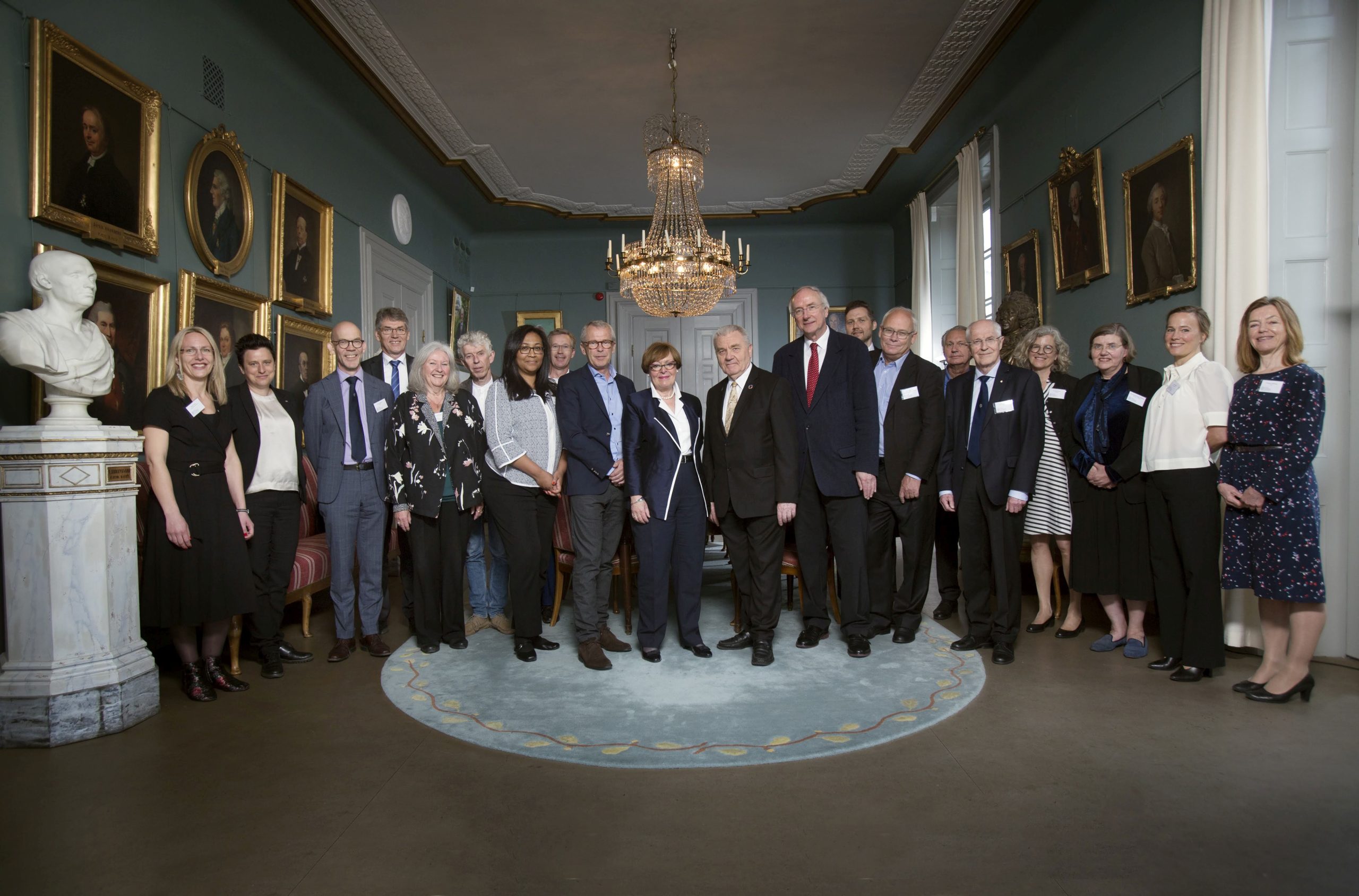The Young Academy of Sweden co-hosted a symposium on “How do we assess scientific quality?” together with The Royal Swedish Academy of Sciences on 23 May 2019.
Prominent speakers from key research funders – both nationally and internationally – and the scientific community addressed questions such as the predictability of scientific breakthrough, which encouragements bold science needs, and how worthy risks could be identified.
Discussions were intense at times, but almost all speakers could agree on the following:
- Funding of research projects should be with long-term grants with as large a degree of freedom and as little administrative reporting as possible. For this to work the funded projects (and people) must be of very high quality.
- The research funded needs to be excellent but it is also important that the research process holds a high quality. This helps to foster a culture which counteracts scientific misconduct.
- Peer review is the best way to predict which projects (and individuals) to fund. Although it may not be perfect, there is no better method than peer review and the drawbacks may be counteracted by thoughtful routines for how to deal with conflicts of interest, group dynamics, etc.
- The review process is absolutely critical to ensure that the projects are truly pursuing high quality research (and that the people funded are truly pursuing high quality research).
- Good conditions for researchers, such as positions (tenure track) and infrastructure need to be funded by universities.
- Universities should be rigorous with recruitment and promotion processes to ensure that the people hired are really the best.
In addition to an input from the President of the European Research Council (ERC), Professor Jean-Pierre Bourguignon, on how the ERC had changed the European research landscape since its establishment in 2007, the symposium saw contributions from a number of research foundations, e.g. the Knut and Alice Wallenberg Foundation, the Danish Novo Nordisk Foundation, the Danish Lundbeck Foundation, the German Volkswagen Foundation, the Swedish Foundation for Strategic Research, the Swedish Cancer Society, and the British Wellcome Trust. Discussions focused on what stakeholders could learn from other countries’ experiences, and on how to balance research base funding from the government and external funders, issues of risk-taking, strategic research, and the promotion of research excellence. The foundations also gave their take on how to create funding programmes that promote breakthrough science and how funders identify applications or individuals that will generate breakthrough science.
A session led by the Young Academy of Sweden asked how best to promote young scientists. They identified challenges for young researchers, such as a lack of transparent and clear career paths as well as scarcity of leadership training. Potential success factors for young scientists were highlighted too, including the benefit of having a mentor.
See the Young Academy of Sweden’s symposium website for further details.
